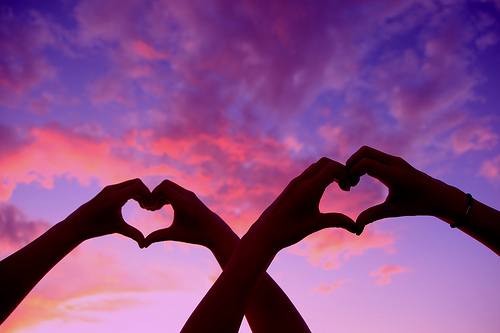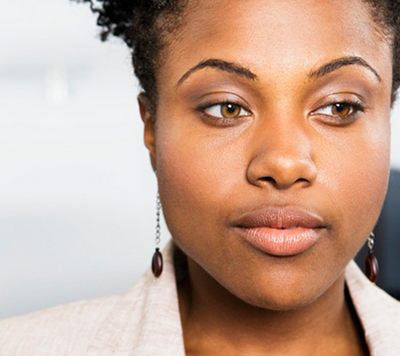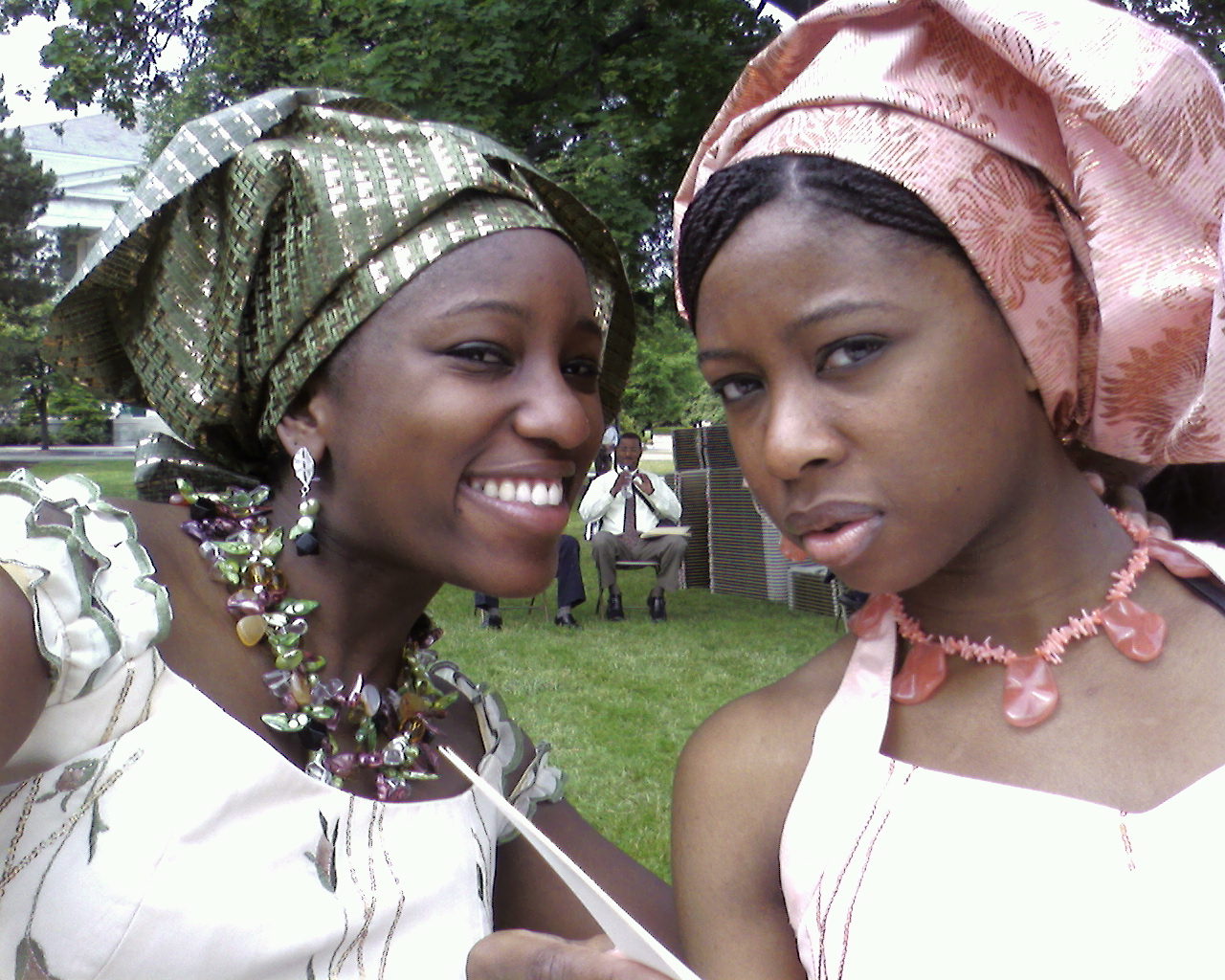Love is absolutely a feminist issue, a recurring theme in various parts of the political landscape. But we've grown so accustomed to framing our discussions and ideas for progress around everything but love—instead, facts, figures, statistics, issues, enlightement or problematicness—that I fear we've inadvertently distanced ourselves from the most important…
-
-
What Does an African Feminist Look Like? Ms. Magazine Features African Feminist Bloggers
The Femisphere is a blog series in the popular Ms. Magazine that highlights the many diverse corners of the feminist blogsphere. Their latest installment focuses on African feminism, and I'm honored to have been featured along with two other African feminists, Ms Afropolitan and Lesley Agams. But, given that we're…
-
Afrofeminism - Blog - Creative Corner - Gender and LGBT Issues - Love Is My Revolution - Photos - Special Series - Spirituality
Keeping the Faith: Religion, Sexuality, and My Best Friend’s Pool Party
My best friend from college; she’s the woman who taught me how to laugh, how to REALLY laugh… and then, when I came out, we stopped laughing together. We lost each other’s smiles for nearly four years as we both searched for self in different directions; I as an out…
-
Lessons from my Mother: African Women and Feminism
Growing up in Nigeria, the idea that improving the lives of women was a cause worth fighting for didn't just come from organizations, or brochures, or formal programming; I had strong women around me who constantly put this into practice in the every day, including my own mother.
-
Reflections of a Straight Girl: What Does It Mean to Be an Ally?
My sister Zara, wrote this recently for me (it is also posted on her blog @ ZaraChiron.com). If you have siblings, parents, family members etc, that haven't yet come around, I hope you find inspiration in this piece, to be patient (and brave) enough to remain open to their own…




